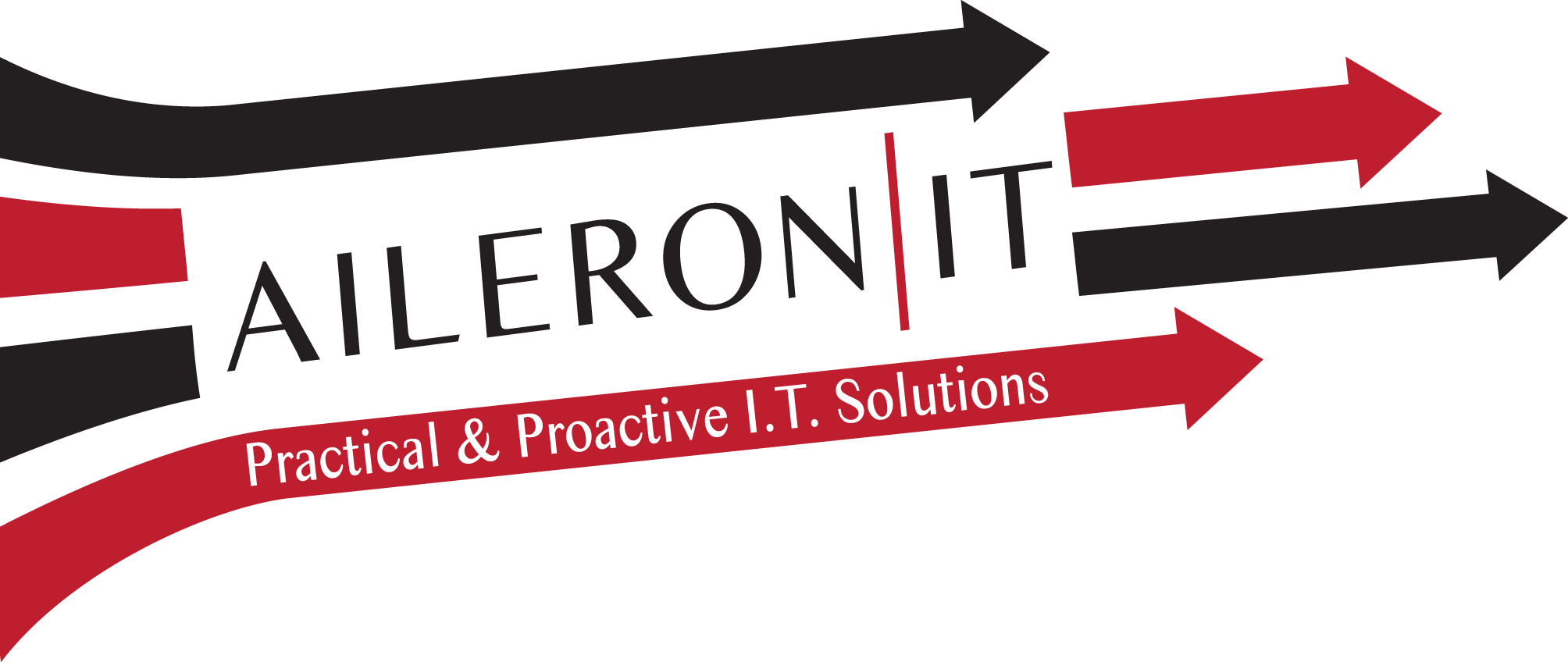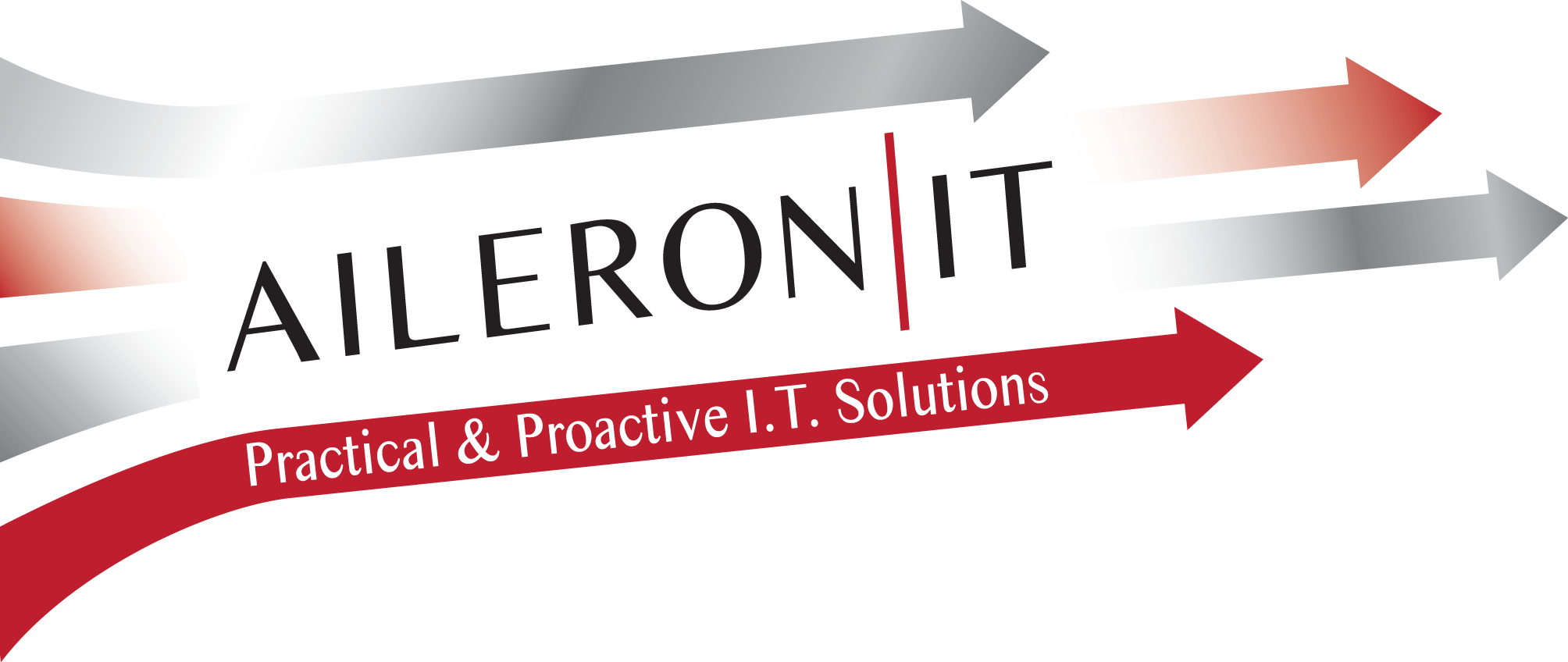HIPAA Certification vs HIPAA Compliance: What’s the Real Difference?

Understanding HIPAA Compliance
HIPAA compliance means meeting federal requirements for protecting patient information (PHI). To stay compliant, your organization must conduct risk assessments, implement security controls, train staff, and maintain written policies. True compliance is an ongoing process, not a one-time achievement.
What Is HIPAA Certification?
There’s no official government-issued HIPAA certification. Some third parties provide training or audits and issue certificates of completion, but these do not equal compliance. Only the Office for Civil Rights (OCR) determines compliance through investigations and audits. Frameworks like HITRUST can enhance your security posture, but they’re optional.
Why Compliance Matters More Than Certification
A certificate doesn’t protect you from penalties or breaches. Regulators focus on evidence that safeguards are active and effective. Non-compliance can result in heavy fines, criminal charges, and public disclosure on the OCR breach list.
True compliance shows you’re doing the work to secure PHI—not just displaying a certificate.
When Certification Can Still Help
Third-party certifications can be useful for:
- Evaluating your IT network
- Demonstrating good faith to partners
- Training staff on best practices
Just remember: certification supports compliance but doesn’t replace it.
How to Achieve HIPAA Compliance
- Conduct a HIPAA risk assessment
- Implement safeguards like encryption, access controls, and monitoring
- Write and update privacy and security policies
- Train employees annually
- Prepare for breach response and document everything
If you handle patient data, compliance is non-negotiable. Aileron IT helps healthcare providers and business associates assess risks, strengthen cybersecurity, and maintain HIPAA compliance year-round.
Let’s make sure your organization is truly protected, not just “certified.”

